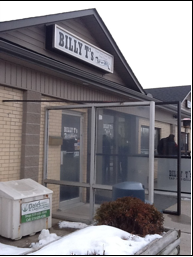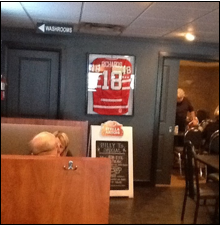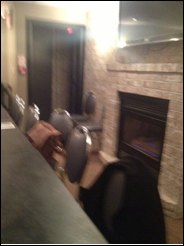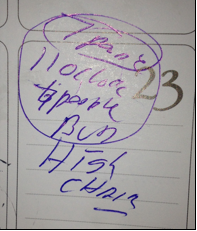City of London - “In the Back Room” - October 22, 2013
Investigation into whether members of Council for the City of London held an improper closed meeting on February 23, 2013. The Ombudsman concluded that an illegal closed meeting occurred on February 23, 2013, in violation of the Municipal Act, 2001.



